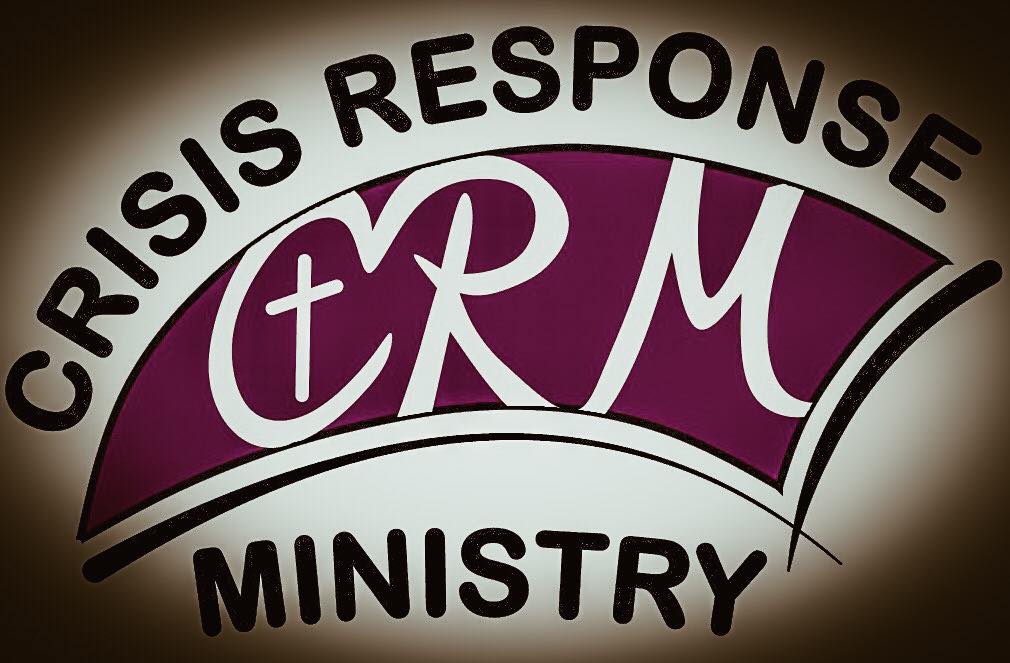Q: What do the tornado in Lancaster, the flood in San Marcos, the fertilizer plant explosion in West, and a police fatality in Grand Prairie all have in common?
A: Glenn Cato, director of Crisis Response Ministry (CRM), and his team of specially trained volunteers were among the first to arrive and render aid.
What makes someone like Glenn run to a crisis, and not away from it? Values like the importance of faith, family and community; of compassion and respect; of recognizing “divine appointments”; and the “ministry of presence”.

“Once in a while, God gives you the rare opportunity to see the impact that you can have.” – Cato, director of Crisis Response Ministry (CRM),
These were instilled in Glenn at a young age by his parents, and confirmed again and again throughout his life. One such instance, which Glenn calls a “divine appointment”, occurred when he had the opportunity to bring relief to people in Siguatepeque, Honduras, following a devastating natural disaster. An estimated 5000 people were killed, 10,000 homes were destroyed and portions of the city lay buried under 6’ of mud. Glenn joined a team of volunteers to help with recovery. The work of digging out and rebuilding was long and hard, an assault on the senses: decaying vegetation, stinking mud, swarming mosquitoes, and without electricity, no relief from the heat and humidity. Glenn recalls that the extent of the physical devastation paled in comparison to the pain on the faces of the traumatized victims experiencing shock, grief and despair. While the Hondurans were grateful for the reclamation work that had begun, hope was restored when they knew that they were not alone. They had been seen and heard. Help had come. That’s where Glenn learned the “ministry of presence” and this important truth: “It’s not so much what you say that people are going to remember. It’s just the fact that you were there.”
Glenn watched the news, sympathized with the victims of natural and made-made disasters, helped where he could, and when the opportunity presented itself, he launched a chapter of CRM in his city. Under Glenn’s leadership, CRM grew to include 6 counties in Texas, with more on the way. CRM’s mission is to provide emotional and spiritual care to individuals and families in crisis. Volunteers receive training to work with law enforcement agencies, fire departments, and the offices of Emergency Management and Homeland Security. You can find out more about CRM, volunteer opportunities, and other ways to help, by visiting CRMTX.org “There’s so much you can pull from crisis training to benefit everyday life. You don’t have to be in ministry working with people in crisis to benefit from training,” says Glenn.
Glenn applied himself to hours of specialized training in emergency response, crisis intervention and management, psychological and mental health first aid, and suicide prevention. He studied national law enforcement chaplaincy, and was ordained. This created the opportunity for him to become a police chaplain in his city, a position he especially enjoys. “I’ve always had a tremendous respect for law enforcement. I didn’t know there was a place where I could feed my interest and respect for law enforcement and my passion for ministry in one place. It’s been a blessing beyond words, in the past 9 years, to serve in that capacity.”
“There’s so much you can pull from crisis training to benefit everyday life. You don’t have to be in a ministry working with people in crisis to benefit from training.”
Glenn would like people to “understand the impact that law enforcement has on individuals and families. Stop by and say ‘hi’,” he says, “and tell them that you appreciate their service to our community, because they are there for us.”
